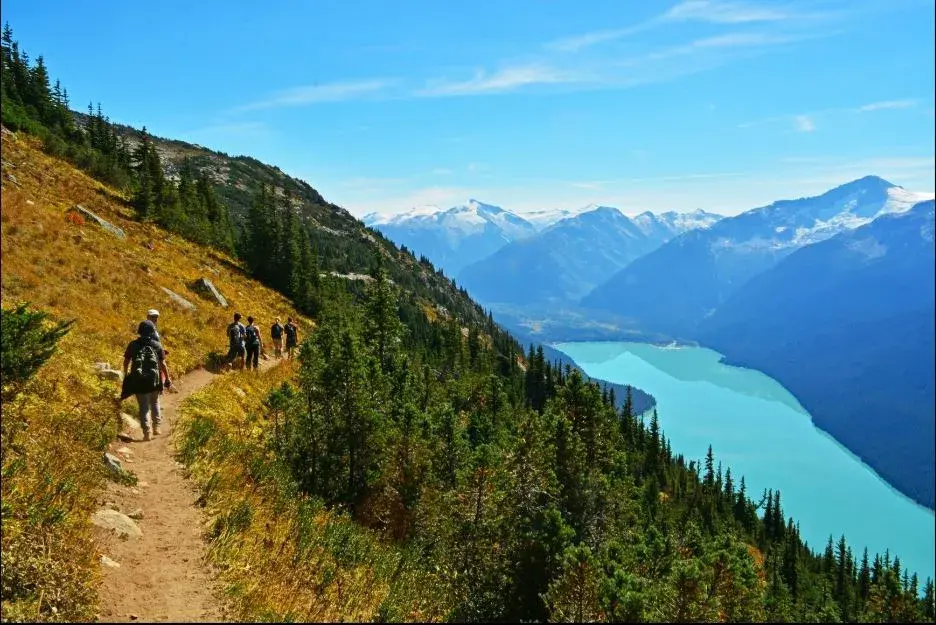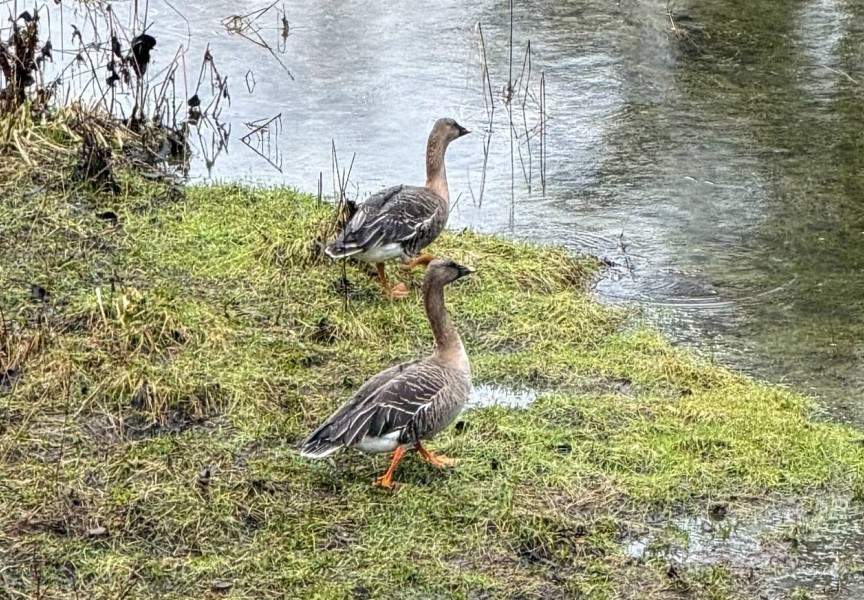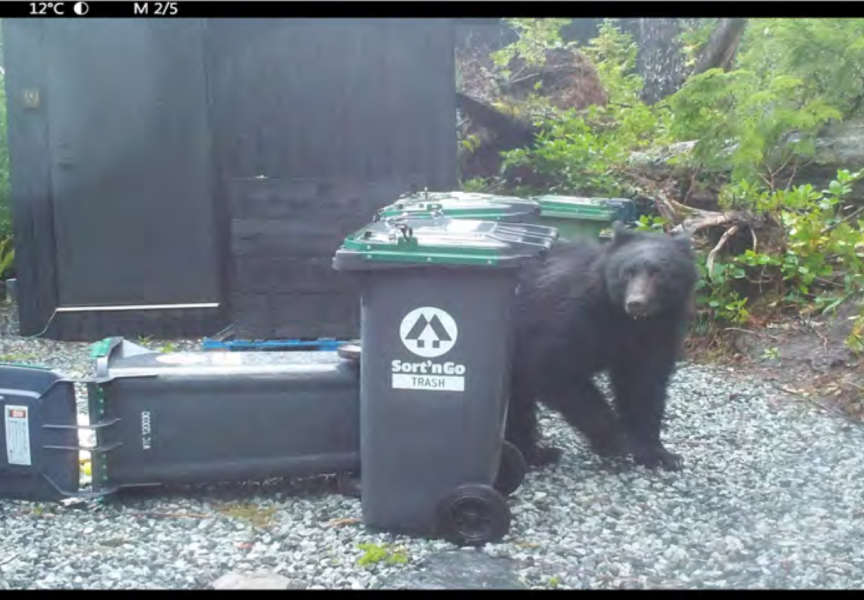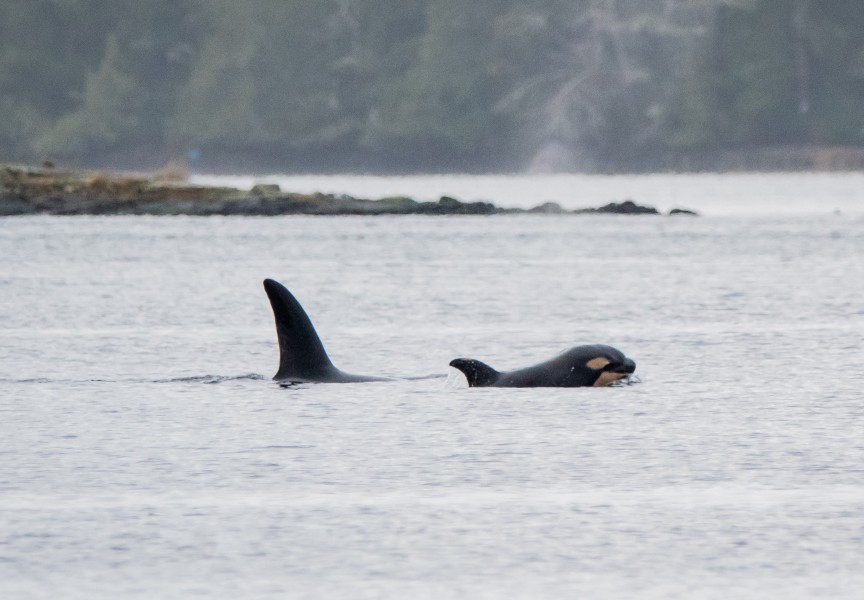A group of researchers led by the University of Victoria (UVic) are investigating the possible impacts of overuse on the B.C. coastal mountains and its connection to climate change.
Environmental researchers are collaborating with the Squamish Nation and BC Parks on their Alpine Horizons research initiative. B.C.’s alpine region is an understudied area, says lead researcher Dr. Noémie Boulanger-Lapointe, a UVic assistant professor in the Department of Geography.
“[W]e have no idea what’s in the lakes in the Alpines,” said Boulanger-Lapointe, citing an example of the understudied region. “And so, if things start changing, we’re not going to know about it because we didn’t know what was there in the first place.”
Traditional Squamish territory is within the coastal mountains, which range from southern B.C., all the way up into Yukon and Alaska. Harsh winters, heavy snowfall and prolonged winters are the norm for the jagged and expansive area.
According to a 2006 provincial report on the ecology of the alpine zones, the region is home to the harshest winter climates in the province. Changes in temperature throughout the year are minimal, with the “mean annual temperatures ranging from 0° to 4°C.”
However, the data from the report is now almost two decades old.
One of the primary motivations for the research initiative is the observation of climate change in the alpine ecosystem, including glacier retreats and the loss of snow in traditionally snowy areas. Yet, the coastal mountains have received little to no previous research attention in the affected areas.
Evaluation of the impact of anthropogenic activity on the alpine ecosystems is still in its early stages. The initiative is currently focusing its attention on the effects of trampling – the excessive flattening of natural areas in an environment – to provide accurate data to both BC Parks and the Squamish Nation.
The data will then help inform BC Parks and the Squamish Nation on how to form public policy in the area.
“All [the researchers] do is provide some baseline information about the system so that [policymakers] could make these decisions with more information,” said Dr. Boulanger-Lapointe.
Since the COVID-10 pandemic, B.C.’s alpine backcountry has seen a spike in activity, with a more diverse population of outdoor recreationalists. The Outdoor Recreation Council of British Columbia (ORCBC), a provincial non-profit organization, encourages new recreationalists to enjoy the outdoors safely and responsibly in accordance with new scientific data.
“One of our core mandates is to advocate for responsible access to the outdoors,” said ORCBC Executive Director Louise Pedersen, “and if research shows that there are detrimental impacts to the areas, we do believe in science-based [data] informing transparent decisions to help guide how outdoor recreation is managed.”
The question of how to balance the public’s appetite to enjoy the outdoors with the need to not disturb natural areas remains unanswered for the researchers, policymakers and the Squamish Nation. With the research just in its infancy, researchers are hesitant to provide a concrete answer to help public policymakers.
Dr. Boulanger-Lapointe thinks the starting point to answering the question lies in finding compromises between different activities, the preservation of ecosystems and understanding why people visit natural environments in the first place.
Organizations like the ORCBC are open to integrating research in their policymaking. Pederson emphasizes having open dialogue and understanding the concerns of both researchers and outdoor recreationalists to create informed policy on how to better enjoy the outdoors.
However, the process of research informing public policy is not so easy. Researchers with the Alpine Initiative had previously tried to answer questions the Squamish Nation and BC Parks previously had; however, lack of funding prevented them from properly providing answers.
The initiative is now starting fresh with a bigger research team and more funding for the next five years.
Creating strong relationships between researchers, policymakers, and Indigenous Peoples is another barrier, notes Dr. Boulanger-Lapointe. Ensuring the best possible research methods can only happen if all parties come to a consensus.
“We need to build bridges between research, the nations, and the provincial institution because, too often, people work in silos and come up with ideas that the other parties do not agree with,” expressed Dr. Boulanger-Lapointe when asked about concerns with the project.
Currently, Dr. Rudy Reimer, an associate professor in the Department of Archaeology at SFU and a member of the Squamish Nation, is working with the initiative to document ancient use of the alpine environment in the traditional lands of the Squamish Nation. He collaborates with Boulanger-Lapointe to also understand current barriers to land access by the Nation.
Renata Rovelo, project manager for the Climate Action Strategy at the Squamish Nation, is collaborating with the initiative to communicate the project’s goal to organizations in the hopes of gathering support.
Sharilynn Wardrop and Kym Welstead are the two BC Parks representatives in the Alpine Horizons research initiative, according to the Alpine Horizons' website. Wardrop works as their Conservation Program Manager, and Welstead is a Conservation Specialist at BC Parks.







